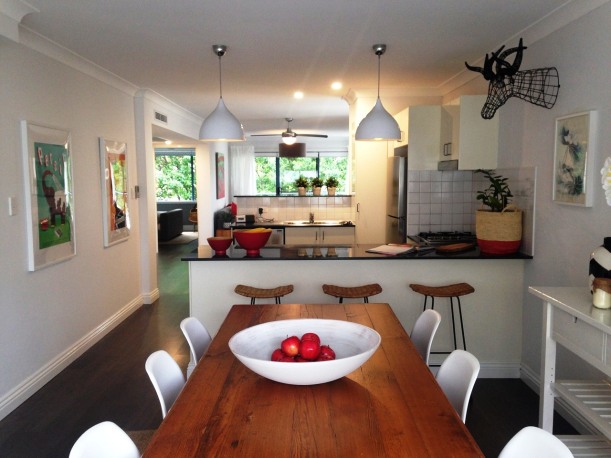Many millennials are set to flood the real estate market in the coming years to invest in a home of their own, but what is it that this group of young people is looking for in their property? From sizeable kitchens to a sustainable ethos, here are some of the things that will likely appeal to millennials searching for an ideal place of their own to settle.
A Suburban Location
There’s something to be said for city life, but many millennials are actually flocking to the safety and comfort of the suburbs in the hopes of finding more economical options for housing. With real estate prices going up all over and seeing even higher spikes in city centers, properties that offer a better price and a good-sized space are becoming a more desirable option.
A Carpet-Free Living Space
There was once a time when homes were carpeted top to bottom and it was considered the must have look, but in recent years hardwood has become all the rage with its easy-to-clean ability and durability. While there are many risks associated with carpet and its overall cleanliness, the low maintenance quality of hardwood is making it an absolute must for many homebuyers.
Smaller Is Better
The oversized mansion with 3 extra bedrooms, 4 bathrooms and a huge yard used to be something that many homeowners idealized and aspired to, but with the rising cost of real estate and the awareness of all that goes into a home, people are shirking off this old world fairy tale. As opposed to sizeable estates, most millennials would prefer a space they can feel comfortable in and also maintain at the same time.
An Up-To-Date Area For Entertaining
Small-scale homes certainly feed the necessity for open spaces, but it just so happens that many millennials are also looking for great spaces for entertaining and an open concept kitchen achieves just this. Instead of four walls and outdated appliances, millennials want stainless steel, a lot of countertop space and a place they can comfortably hang out with their family and friends for hours on end.
Many millennial are currently perusing the market for their ideal starter home, but smaller homes with an open concept are often better when it comes to catching the interest of this group of buyers.
If you’re currently on the lookout for a great deal, contact me for more information.
Maria Lopez
RE/MAX Advance Realty
(305) 467-0774
MLopez5020@gmail.com






